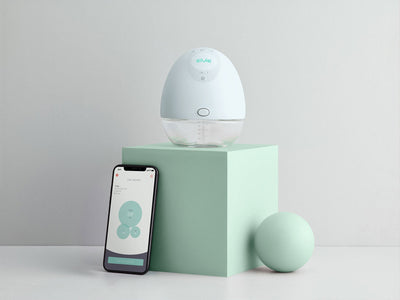Lifestyle
Menopause and sleep don’t get talked about as often as you’d think for something that impacts so many people.
According to a DovePress study, “A substantial number of women experience sleep difficulties in the approach to menopause and beyond, with 26% experiencing severe symptoms that impact daytime functioning, qualifying them for a diagnosis of insomnia.”
If you’re plagued by menopause sleep problems, we’ve created this guide to help you get better rest each night.
How are menopause sleep issues caused?
It’s believed that the hormonal changes during menopause influence sleep quality with most women having some sort of disruption. Melatonin plays a role, among others.
According to Johns Hopkins, “Sleeplessness due to menopause is often associated with hot flashes. These unpleasant sensations of extreme heat can come on during the day or at night. Nighttime hot flashes are often paired with unexpected awakenings.”
But they caution that in studies most women actually wake up just before the hot flashes come on. And this loss of sleep can mask the onset of sleep apnea too - which shows up as a result of lower estrogen and progesterone counts.
So, what’s an effective lack of sleep menopause treatment? How can I sleep better during menopause and perimenopause? Thankfully there is a range of natural sleep remedies available.
Popular menopause sleep aids
Sleep Mask
The Dr. Harris Anti-Wrinkle Sleep Mask has two benefits for menopause and sleep. First, it relaxes your muscles, relieving tension so you fall asleep faster. And then it blocks out light so your body isn’t jolted awake by the sunrise or disturbed by the standby lights in your room.
It’s portable, requires no batteries and is easy to incorporate into your nightly routine. CurrentBody customers Bea and Julie are just some of the many who rave about its improvement on their sleep.
CurrentBody Customer, Bea:
This past weekend I’ve been sleeping with the mask on and it’s been the first time in years I’ve slept all the way through.
CurrentBody Customer, Julie:
I’ve slept a solid 8 hours every single night. My head hits the pillow and I’m out until the morning. The blissful oblivion of a restful uninterrupted night of sleep.
Exercise
According to the Sleep Foundation, “Exercising also improves sleep for many people. Specifically, moderate-to-vigorous exercise can increase sleep quality for adults by reducing sleep onset – or the time it takes to fall asleep – and decrease the amount of time they lie awake in bed during the night.
Additionally, physical activity can help alleviate daytime sleepiness and, for some people, reduce the need for sleep medications.” It’s suggested that the best time to exercise for menopausal women is in the afternoon.
Train your body
We all need a routine. And menopause sleep issues can make daytime napping desirable. But the best advice is to avoid naps if you can. Instead, build a routine and ritual around preparing for bed.
You may want to include things like nighttime skincare, turning off devices, reading a book, drawing a bath, putting down the curtains and more. Overall, you want to give signals to your body that it’s time to wind down.
Have questions about how these tips might help with sleep and menopause? Talk to our helpful team of Beauty Device Experts.





